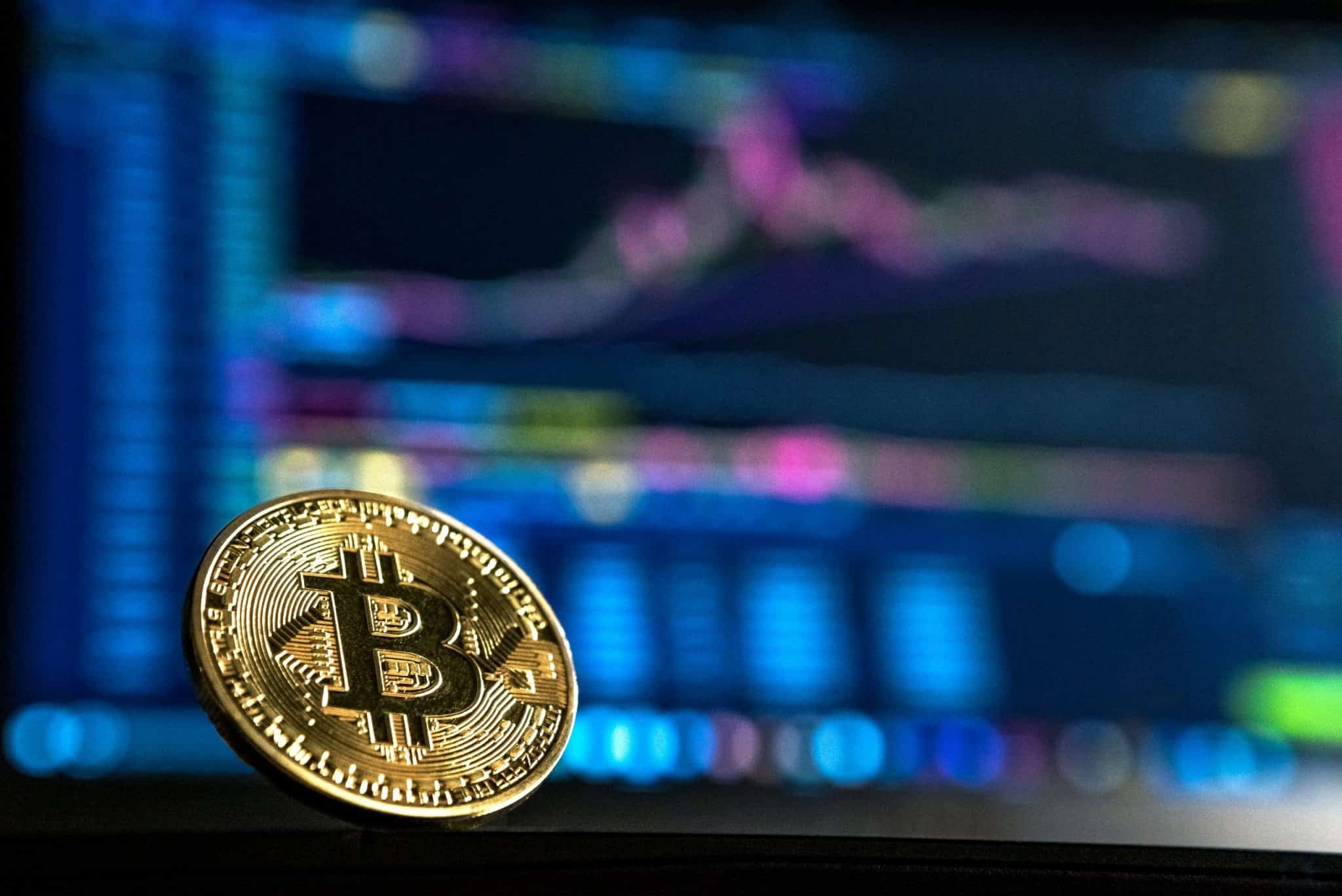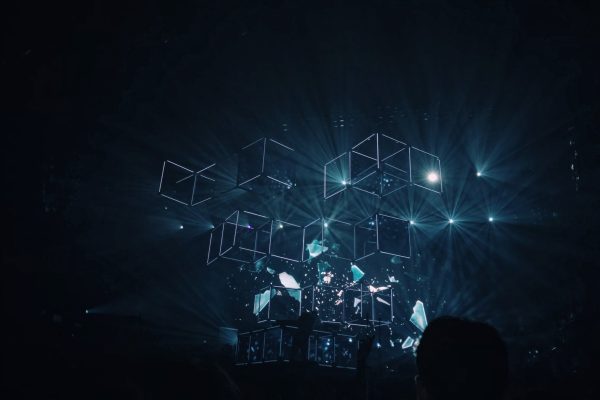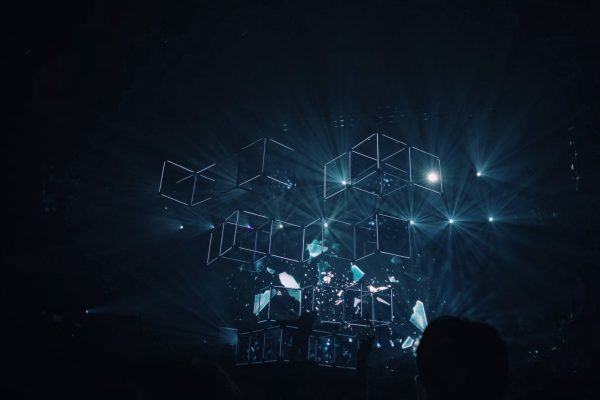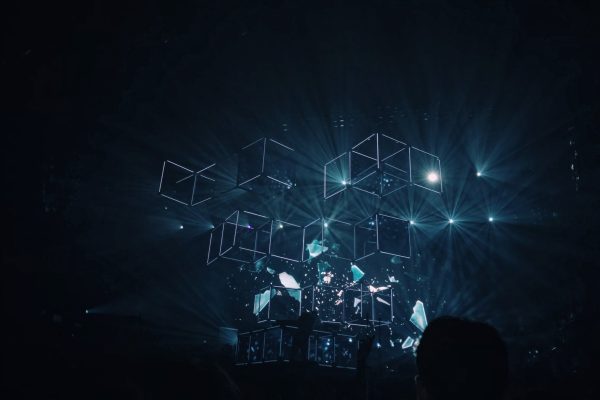What is Blockchain and What Are its Uses? – IslamicFinanceGuru

3 min read
Published:
Updated:

Mohsin Patel
Co-founder
Blockchain is a newly emerging technology that stores and transfers data in a unique way that could potentially mean we no longer need a centralised authority to coordinate things.
As part of our work on halal investment at IFG we are covering cryptocurrency and blockchain technology in a lot of detail. You can read all of the series of our article on this topic here.
In this article we give an introduction to what blockchain actually is and why its interesting.
An executive summary of this article
- Blockchain is a new form of data storage that challenges traditional models
- Blockchain cuts costs, saves time, tracks data, and provides data security.
- Blockchains structures can be public, private, and hybrid public-private
Blockchain is not controlled by a central authority
Blockchain is a form of information storage that provides an alternative to centrally controlled data storage and management systems.
Typically, centralised networks take the form of a client-server model. In this model, a single server will handle all data-related issues, from management to storage and usage. The notable point for this model is that the client is wholly dependent on the server to provide and manage information.
However, clients – or users- do not have autonomy over how their data is used and can be subject to external hacks and loss of data. The Cambridge Analytica scandal is a great example of how data stored and managed by a client-server model can be prone to gross misuse.
Blockchain is potentially more private and reduces misuse of data
Blockchain offers a real alternative to this where users can use each other for simultaneous verification checks without the need for a central moderator. By cutting out the middleman, decentralised systems allow for better personal privacy and prevent misuse of data.
Blockchains can store, track, and record anything of value. It acts as an online ledger and tracks history and changes to data which makes it near impossible for anyone to change the data stored within the blockchain.
This makes it particularly useful for tracking based tasks such as medical records, supply chain tracking and land title transfers. Think of it as a more robust and encrypted Google docs. Multiple users can access it simultaneously while previous edits can be locked or tracked in real-time.
Uses of Blockchain
Blockchain is used in 3 primary ways by organisations.
Firstly, when the middleman becomes obsolete, all fees and time associated costs become obsolete too. This can save a lot of money and make transaction times a lot quicker. A common usage of this in practice is cross country bank transfers.
Secondly, due to its immutable nature, blockchains are an excellent way to record and track data history. Governments typically use it to record and track land ownership.
Finally, because data is rigorously validated and so hard to change in blockchains, they provide an excellent means of data security and validity.
The Main Types of Blockchain
- Public blockchains are open, so can be viewed and accessed by all. Notable users of this are Bitcoin and Ethereum.
- Private blockchains are often limited to a specific group of people, usually used for companies or organisations.
- Hybrid Blockchains allow some users to see all data, whilst others may not, or data is visible for all, but selected users can only add new data. These are usually useful for tasks that require varying levels of access for the public and behind the scenes personnel. For example, governments may make property records public but maintain their sole right to update them.
Blockchain and Bitcoin
The most prominent use of blockchain technology is bitcoin, but it is essential to separate the two.
Whilst bitcoin and cryptocurrencies are volatile and uncertain, the technology underpinning it -blockchain- is vital and has excellent future potential.
There are already some great potential applications of blockchain technology in the Islamic fintech spaces ranging from zakat transfers to establishing waqf funds. The applications are expanding monthly and providing exciting new approaches to real problems.
References
https://mlsdev.com/blog/156-how-to-build-your-own-blockchain-architecture
https://www.investopedia.com/terms/b/blockchain.asp


